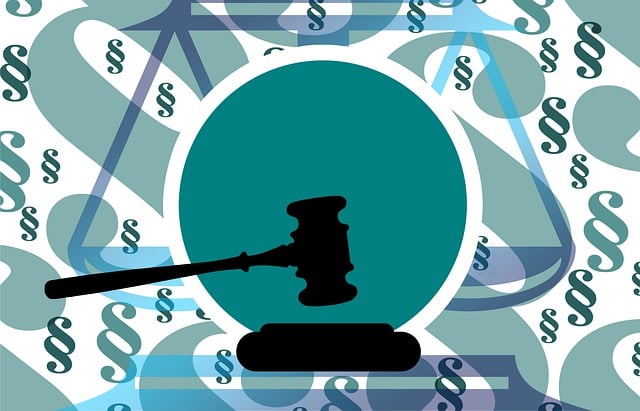RF finance law firms navigate complex legal grounds for jury selection to ensure fairness and represent diverse communities. Lawyers strategize objections based on bias, discrimination, or lack of understanding, preventing prejudiced judgments in white-collar crime cases. Skilled attorneys use rigorous questioning during voir dire to reveal hidden biases related to financial expertise, securing trials within legal boundaries for high-stakes white collar defense.
“In the intricate dance of legal proceedings, effective jury selection is paramount. This article delves into the crucial aspects of RF finance law firms’ role in navigating legal grounds for jury selection objections. We explore strategies and common causes behind successful appeals, providing insights from real-world case studies. Understanding these legal complexities empowers firms to champion their clients’ interests, ensuring fair trials and positive outcomes.”
- Understanding Legal Grounds for Jury Selection
- Objections: Strategies and Common Causes
- Case Studies: Successful Jury Selection Appeals
Understanding Legal Grounds for Jury Selection
Understanding the legal grounds for jury selection is a critical aspect of any RF finance law firm’s service portfolio. The process involves meticulous scrutiny of potential jurors to ensure impartiality and competency, as well as adherence to specific criteria set by the court. Objections during this phase are not merely about challenging individuals but ensuring that the final panel represents a cross-section of the respective business and philanthropic and political communities, thereby upholding the integrity of the judicial system.
Lawyers play a pivotal role in guiding clients through these procedures, particularly when navigating complex cases. By knowing how to raise objections based on legal grounds—such as bias, discrimination, or lack of understanding of the case’s intricacies—law firms can help avoid indictment and maintain the fairness of trials. This strategic approach not only protects their clients’ interests but also strengthens the overall integrity of the legal system.
Objections: Strategies and Common Causes
In the context of RF (Radio Frequency) finance law firms serving various industries, objections during jury selection are inevitable. These objections can stem from a variety of legal grounds, with strategies varying based on the nature of the case and the client involved. For instance, when dealing with white collar and economic crimes, defense attorneys might object to potential jurors who have personal or professional experience with financial regulations, as their preconceived notions could bias their judgment. This is especially relevant for clients from respective business sectors, where industry-specific knowledge on the jury may impact the trial’s outcome.
Common causes for objections include perceived biases, conflicts of interest, and lack of understanding of complex legal grounds for jury selection. In cases involving corporate and individual clients, the defense might challenge jurors who have prior experience with similar legal issues or those who demonstrate prejudice against a particular type of defendant. Such objections are not just about excluding individuals but also ensuring a fair trial where jurors can objectively evaluate the evidence presented, free from influences that could skew their decisions.
Case Studies: Successful Jury Selection Appeals
In the realm of RF (Radio Frequency) finance law, successful jury selection appeals hinge on robust legal strategies grounded in understanding legal grounds for jury selection objections. These appeals often revolve around ensuring fair trials for clients accused of white collar and economic crimes, a niche area requiring meticulous handling. Skilled attorneys employ various tactics to challenge or dismiss potential jurors, focusing on both objective and subjective criteria. For his clients, the goal is clear: mitigate bias and prejudice that could impact their cases, especially in high-stakes white collar defense scenarios.
Case studies exemplify the art of these appeals. Jurors selected for their perceived expertise in financial matters might harbor unconscious biases that favor or disadvantage certain types of defendants. Lawyers adeptly uncover these hidden prejudices through rigorous questioning during voir dire. For instance, probe into prior knowledge about RF spectrum allocation, regulatory issues, or specific industry practices can reveal insights into potential juror inclinations. Such white collar defense strategies not only protect the rights of the accused but also ensure that trials are conducted within legal parameters, fostering justice and fairness.
RF Finance law firms play a pivotal role in navigating the complex landscape of jury selection, especially when objections arise. Understanding the legal grounds for these objections is key, as highlighted by the case studies presented. By employing strategic approaches and staying informed about common causes of objections, legal professionals can ensure fair trials and successful outcomes. These insights empower RF Finance firms to defend their selections, upholding the integrity of the jury process in a dynamic legal environment.






